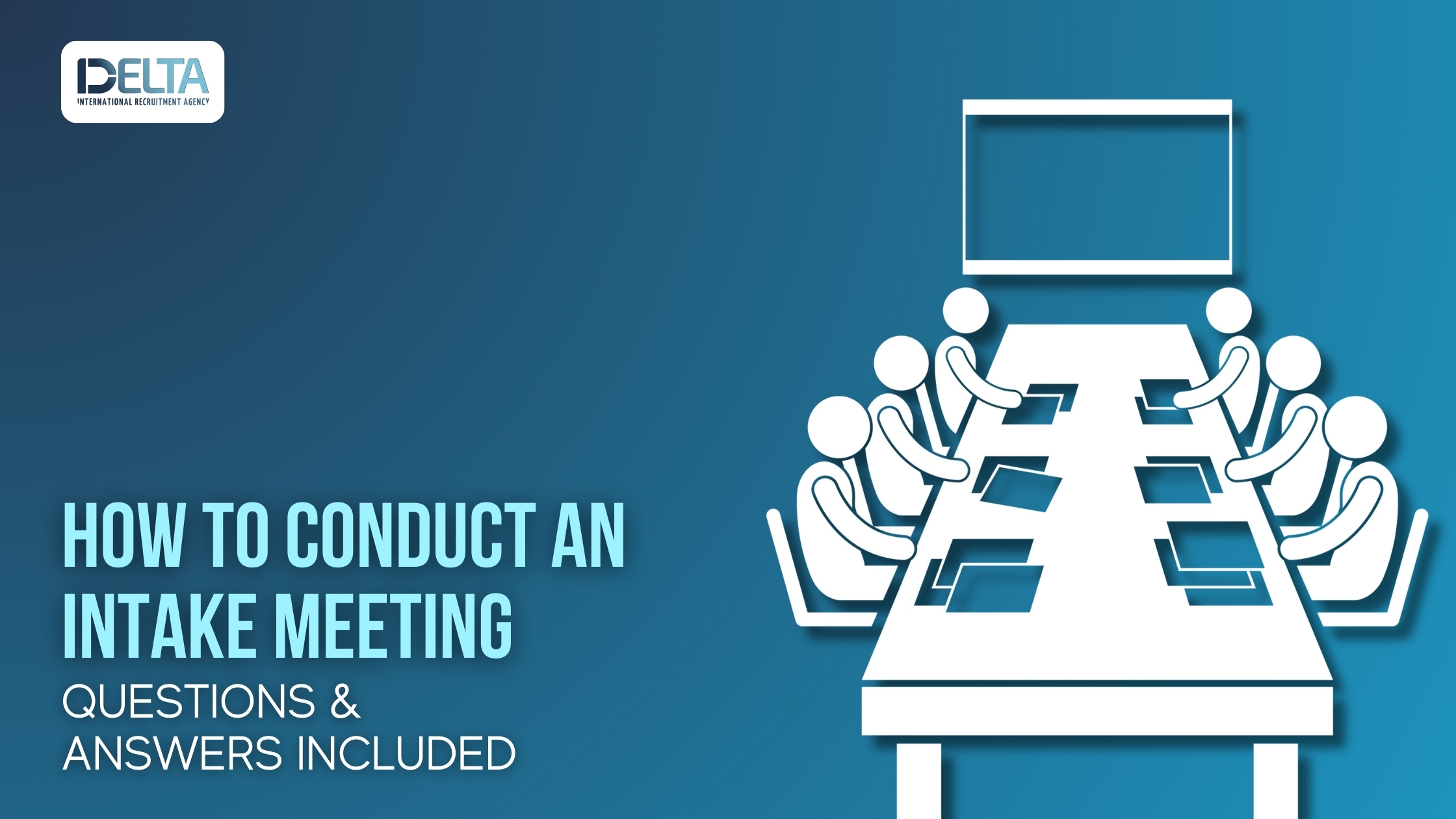Human Resource Management (HRM) is critical for the success of any organization, and understanding its key functions is essential for effective management. HRM functions are broadly categorized into two main types: Managerial Functions and Operative Functions. These functions ensure that human resources are utilized efficiently to achieve organizational goals.
Managerial Functions of HRM
Managerial functions are strategic and focus on planning and organizing human resources to align with the organization's goals. These functions include:
- Planning: This is the foundation of all managerial activities. HR managers forecast the future needs of the organization in terms of human resources, and they develop strategies to meet these needs. For example, if a company plans to expand, HR managers will assess the additional workforce required and plan recruitment accordingly.
- Organizing: Once the planning is done, the next step is to organize the resources. This involves establishing roles, responsibilities, and a structure for the HR department. It also includes delegating tasks to ensure that HR operations run smoothly.
- Directing: HR managers are responsible for guiding and motivating employees to achieve organizational objectives. This includes providing leadership, ensuring effective communication, and resolving conflicts.
- Controlling: This function involves monitoring HR activities to ensure they are in line with the planned objectives. It includes evaluating performance, taking corrective actions, and ensuring compliance with company policies.
Operative Functions of HRM
Operative functions, on the other hand, are more specific and relate to the day-to-day operations of the HR department. These functions are concerned with the actual implementation of HR policies and include:
- Recruitment and Selection: This is one of the most critical operative functions. HR managers are responsible for attracting, screening, and selecting the right candidates for the organization.
- Training and Development: After hiring, the next step is to provide employees with the necessary skills and knowledge to perform their jobs effectively. This function includes organizing training sessions, workshops, and continuous learning opportunities.
- Performance Appraisal: Regular evaluation of employee performance is crucial to ensure that the workforce remains productive. This function includes setting performance standards, conducting evaluations, and providing feedback.
- Compensation and Benefits: HR managers also handle salary structures, bonuses, and other benefits to ensure that employees are compensated fairly for their work.
- Employee Relations: Maintaining a healthy work environment and good relationships between employees and management is also a key operative function. This includes addressing grievances, ensuring compliance with labor laws, and fostering a positive work culture.
According to recent HR studies, companies with well-structured HR management processes are 23% more profitable compared to those with less developed HR practices. This highlights the importance of effectively managing both managerial and operative functions of HRM to drive organizational success.
Key Differences at a Glance
- Scope: Managerial functions are strategic and broad, focusing on long-term planning and resource allocation, while operative functions are more specific, dealing with daily HR activities.
- Responsibility: Managerial functions are usually the responsibility of senior HR managers, whereas operative functions are often handled by the HR staff.
- Objective: Managerial functions aim to align HR activities with overall business goals, while operative functions focus on implementing these strategies effectively.
By understanding the difference between managerial and operative functions, organizations can better allocate resources and responsibilities within their HR departments, leading to improved efficiency and effectiveness.
Conclusion
Effective HRM requires a balance between managerial and operative functions. By integrating both, companies can ensure that they not only have the right people in place but that these people are working towards the organization’s strategic goals.
Recruitment Industry: HR Industry




